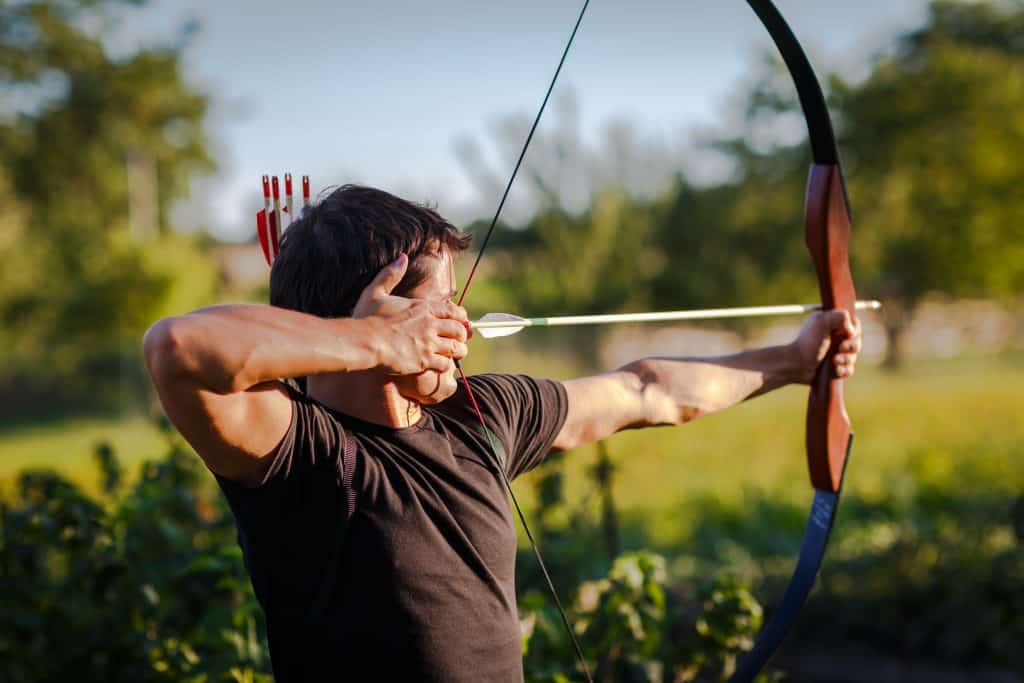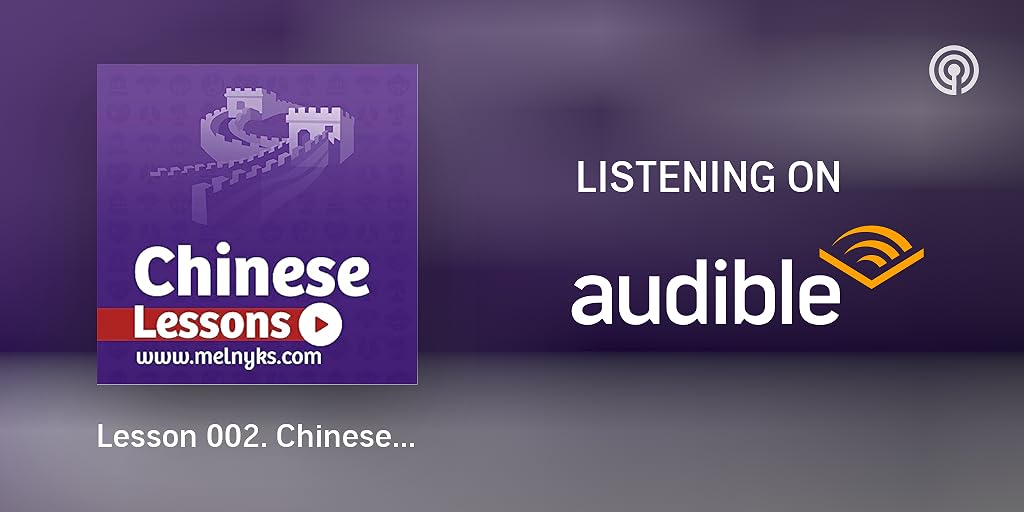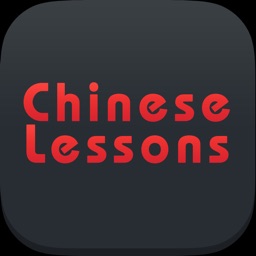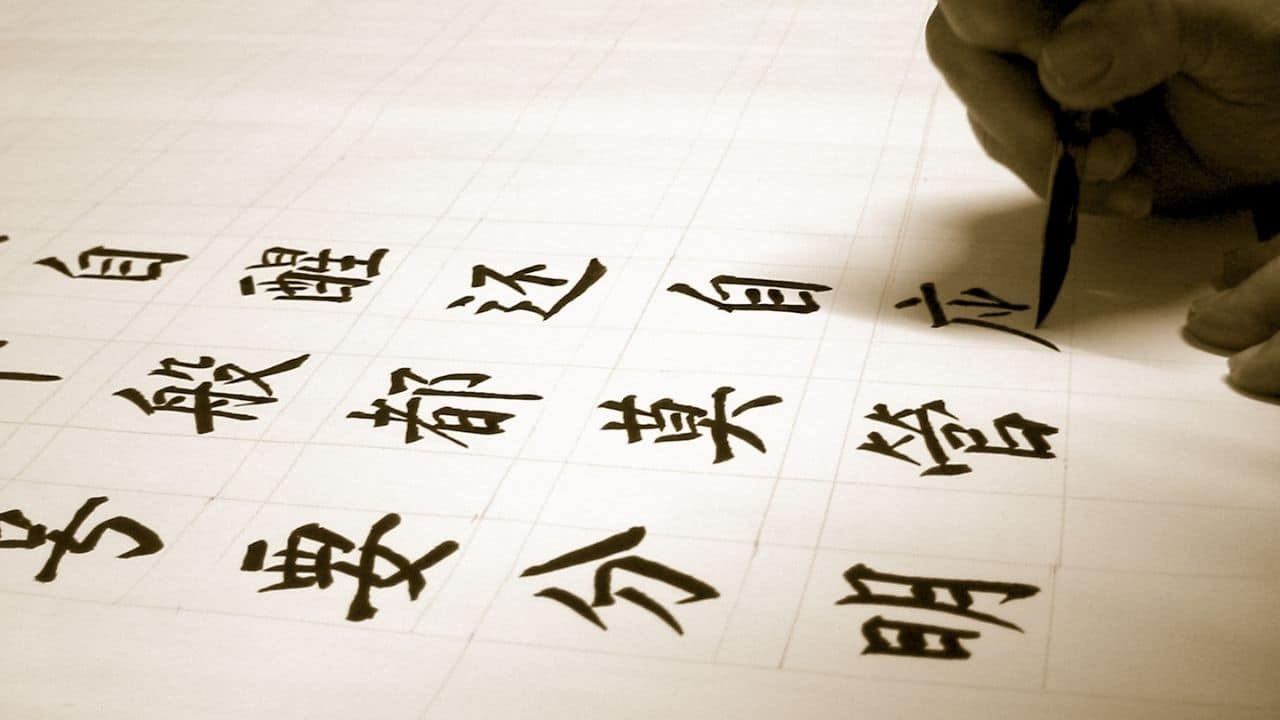A man tries to make his treasured hunting bow (弓 gōng) even more perfect than it already is, but learns an obnoxious life lesson instead. HSK 3-4.
Some language stuff
Sentence structure here isn’t too hard, this is mostly just a bunch of new vocab. Most relevant to the story are the archery-related words:
弓 gōng – Bow
箭 jiàn – Arrow
工匠 gōng jiàng – Craftsman
弓背 gōng bèi – Wooden part of the bow / handle
弓弦 gōng xián – Bowstring
One slightly difficult structure:
缺了点什么 quē le diǎn shén me – This can be a little confusing, as both 点 and 什么 have several meanings. If we break it down with the right definitions, though, it’s not hard to understand:
缺了 – To be lacking, to be missing
点 – a little, a small amount
什么 – The first definition of “什么” we learn is “what?” but here it means “something”.
So altogether, the phrase means “To be missing a little something”, as in “This soup is missing a little something, should I add more salt?”
某 mǒu – “A certain (someone) or (something)” that is unspecified in the writing
Want something easier?
Du Chinese has a big catalog of easy HSK 1 and HSK 2 texts for ultra-beginners. There are quite a few free practice lessons, but CRP readers get 10% off on paid accounts using the discount code CRP10.
完美的弓
古时候有一个人得到一张弓,这张弓射出去的箭又远又准。因此他很珍惜它。
这个人经常把弓拿在手里把玩,有一天,他仔细欣赏着手中的弓时,突然觉得这张弓上好像缺了点什么,看起来有些单调。他想,要是能让它更漂亮些不是更好?
于是,他把这张弓送到一个很出名的工匠那里,请他在弓背上雕刻上精美的图案。工匠花了两个月的时间,在上面雕了一幅完美的行猎图。这个人高兴极了,就想:“还有什么比一幅行猎图更适合这张弓的呢?”
当他回到家,拿出箭来。“好久没用过它了,可得好好玩玩。”他搭上箭,拉紧弓弦,“啪”的一声,弓断成了两截。
世界上没有绝对完美的事物。若你一定要让某一件事情或某一个东西完美的话,你必定会失败。




